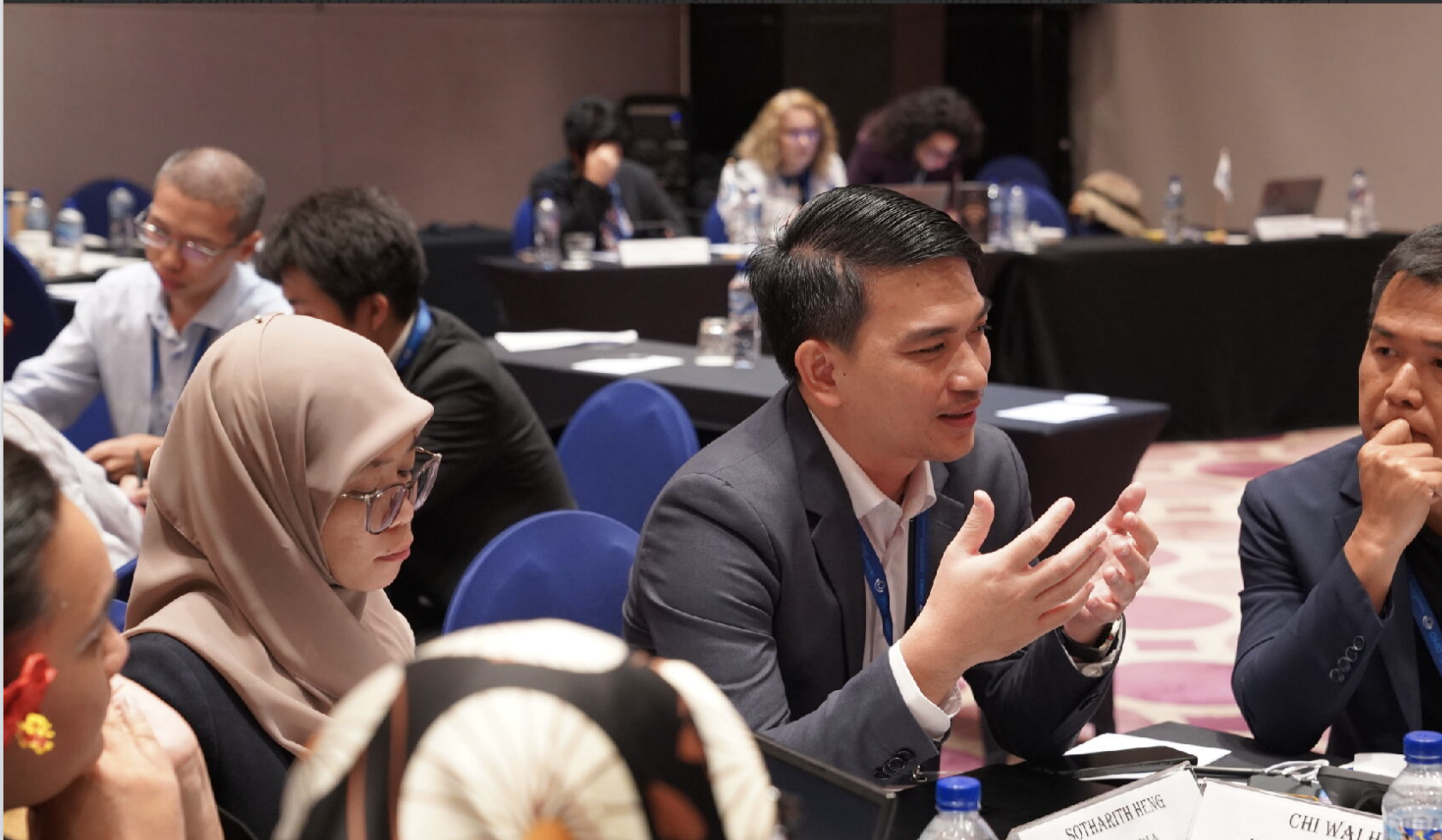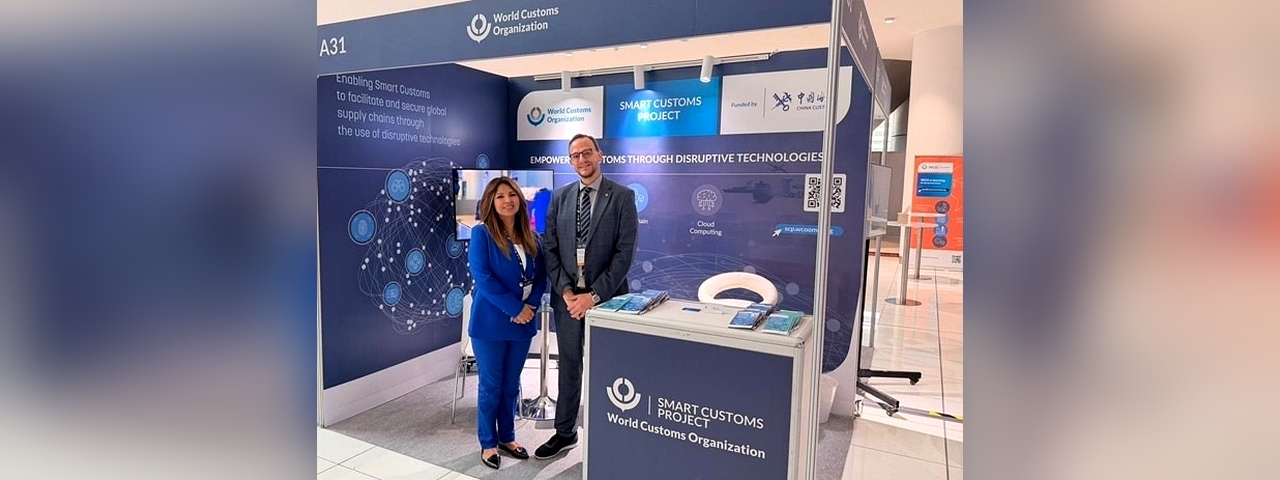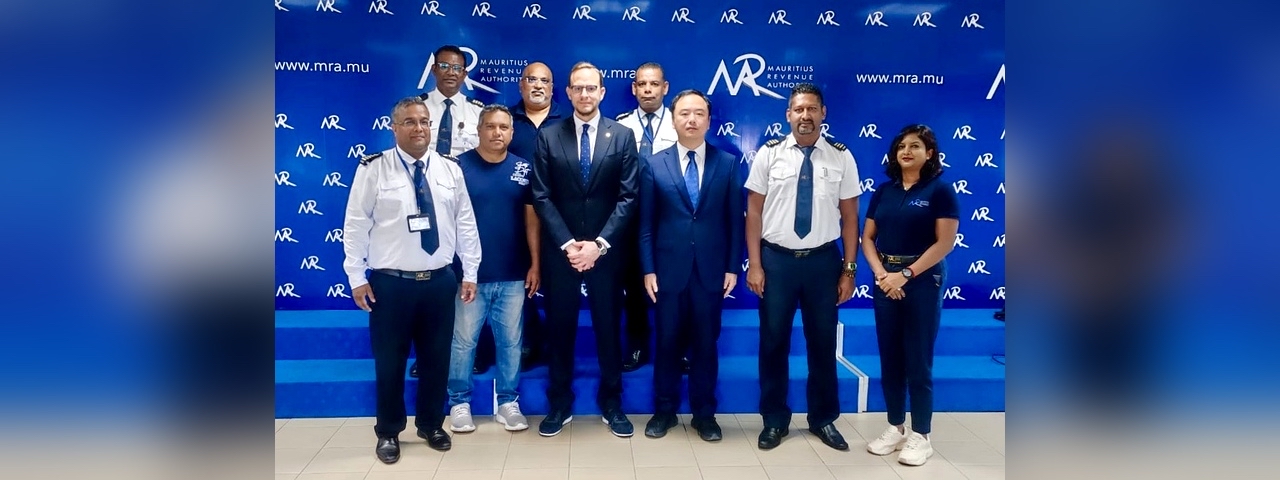Disruptive Technologies Transforming Customs: Insights from the WCO Regional Workshop in Jakarta

From 23 to 27 September 2024, the WCO Smart Customs Project organized its second Regional Workshop on Disruptive Technologies, this time in Jakarta, Indonesia, for the Asia/Pacific region. Supported by the Customs Cooperation Fund of China (CCF China), the event brought together 34 participants from 23 WCO Member administrations as well as speakers from academia, the private sector and international organizations, recognizing the critical role that experts from various sectors play in shaping the discourse around disruptive technologies and their application in Customs practices.
The high-profile opening ceremony featured attendees from the Indonesian Directorate General of Customs and Excise (DGCE), the WCO Regional Training Centre (RTC) Indonesia, and the Indonesia National Single Window Agency, highlighting the commitment to adopting a cooperative approach to technological innovation in Customs. The representative from the DGCE emphasized the significance of technological advancements and the need to ensure continuous learning and adaptation during Customs’ digital transformation journey.
Participants engaged in forward-thinking discussions on the future of technology in Customs processes, delving into a diverse array of topics related to disruptive technologies, including legal requirements, business processes and the innovative application of technologies such as artificial intelligence (AI), big data and data analytics, the Internet of Things, blockchain and more.
A fascinating site visit to Indonesia Customs Headquarters allowed participants to explore the Directorate of Information and Technology and included a look at the outcomes of national smart Customs projects, with special mention for the passenger control and risk management domains. This hands-on experience was highly praised as it provided participants with practical insights into the potential benefits associated with the adoption of disruptive technologies.
The workshop drew to a close by underscoring the recognition of trust as the cornerstone for successful technology uptake, requiring data security, transparency and active stakeholder engagement in line with the WCO theme for the year: “Customs engaging traditional and new partners with purpose”.
Key takeaways from the event were the vital importance of comprehensive capacity building and of adopting a strategic, scalable approach to technology integration. This will help streamline the complexity of interconnected, multi-layered technologies, ensuring smoother adoption and greater long-term impact. This approach includes managing inherent risks and anticipating unintended consequences, such as environmental impacts and cybersecurity threats.
Consensus emerged that while technology can significantly enhance Customs efficiency and transparency, its adoption requires an ecosystem approach and robust change management to address cultural resistance. Above all, technology should be viewed as a tool for innovation that transforms not only processes, but also individuals’ roles and practices, driving meaningful improvements in performance.
Insights were shared on the WCO Smart Customs Project deliverables, including the comprehensive reports that will be released to address implementation challenges for selected technologies, including AI, cloud computing and blockchain.
As the second in a series of regional workshops under the WCO Smart Customs Project, this event strengthened the bonds within a vibrant community of experts that will be able to continue constructive exchanges through the Smart Customs Community Portal, currently under development within the WCO Smart Customs Project and which will be a crucial platform for networking and collaborative learning to narrow the digital divide and overcome fragmentation of efforts among Members.
In the closing remarks by the Director of the RTC Indonesia, emphasis was placed on the importance of this workshop for raising awareness and fostering an exchange of experiences among Customs administrations, echoing WCO considerations about the need to reflect on the human element in technology, thereby ensuring that technology aligns with human values.
The WCO Smart Customs Project will continue to hold regional workshops on disruptive technologies in other WCO regions.


